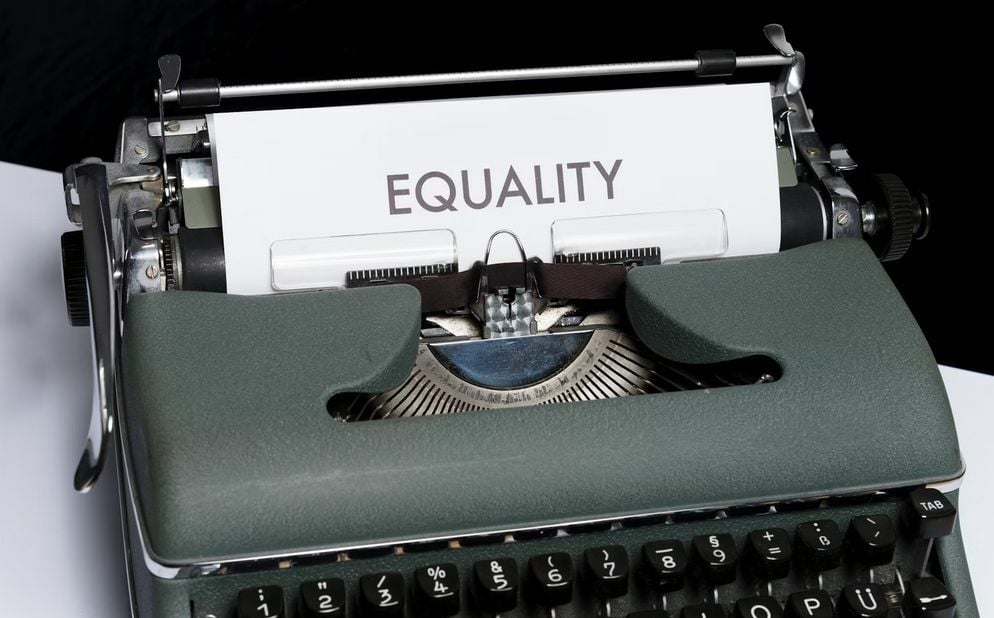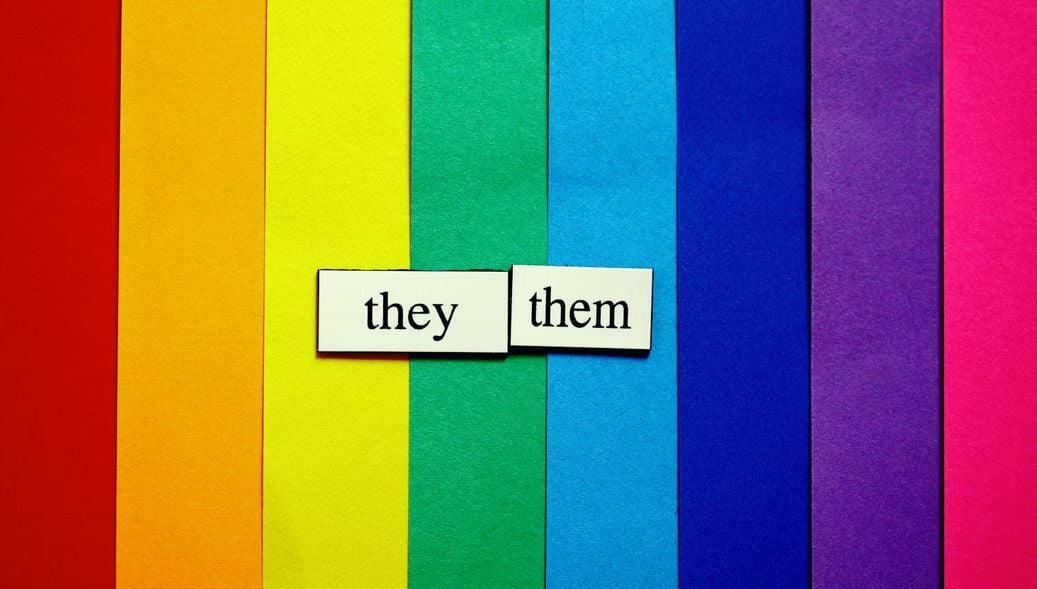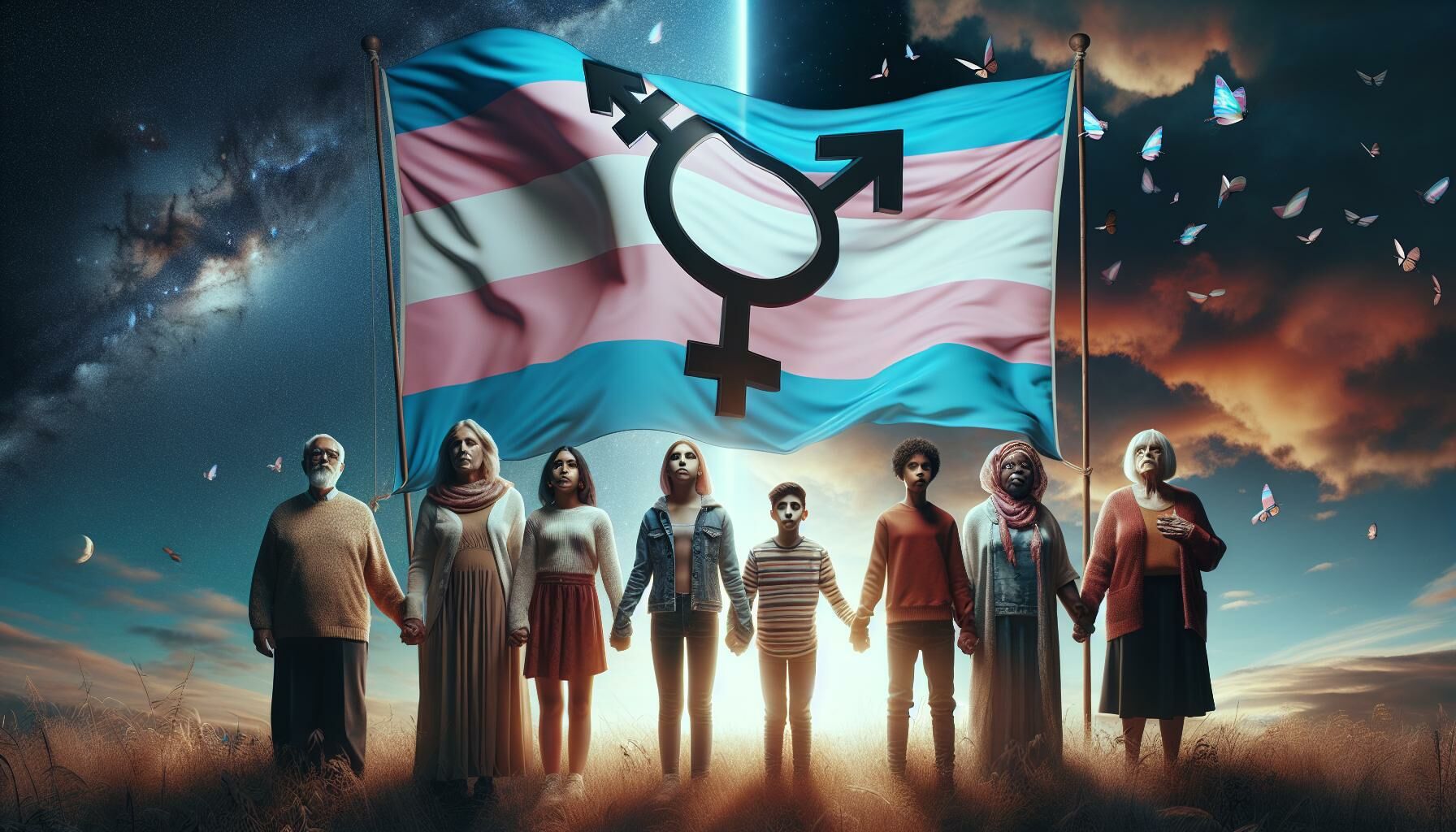Transgender rights in Thailand: A path to equality

In the vibrant landscape of Thailand, a crucial societal issue is unfolding – the protection and recognition of transgender rights.
Thailand now stands on the brink of an opportunity to align its global reputation on LGBT issues with its obligations under international human rights law. The journey towards true equality is complex and challenging, but an essential step towards a more inclusive future.
History of legal gender recognition reform
Central to the discourse on transgender rights in Thailand is the historical evolution of its legal gender recognition reform. An intriguing precedent stands in the instance of Nong Perry, a transgender woman with considerable sales experience. Despite excelling through the application process for a role at a telecommunications company in 2019, she faced revocation of her job offer due to mismatched gender marker identification. Such instances encapsulate the struggles faced by transgender people within the Thai job market, often despite possessing relevant experience and skills.
Remarkably, discrimination continues even in industries seemingly progressive. A notable example is from Gamon P., a transgender woman who faced rejection from cosmetics departments multiple times, attributing the refusal to her gender marker identification pointing male. Evidently, unemployment issues arise as an obstacle for transgender people due to systemic legal and societal hurdles.
Importantly, Thailand’s shortfall rests in ensuring access to essential health care services. Notably, the lack of accessibility to hormone therapy, coupled with prevalent stigma and discrimination, infringes upon the basic right to the highest attainable standard of health. Despite Thailand having a history of conducting gender-affirming procedures since the 1970s, the barriers to these services linger.
Addressing these historical issues uncovers the pressing need for progressive transgender law. An apt transformation in legal gender recognition norms forms a pivotal facet in the broader fight for LGBT rights in the country. Moving forward, Thailand’s progression towards robust policy changes remains a spectacle testament to history in the making.
Transgender rights in Thailand

Transgender rights in Thailand have had a complicated trajectory. Jaunts of progress have been marred by bureaucratic roadblocks and societal hurdles. As underscored in Human Rights Watch’s 60-page report, ‘People Can’t Be Fit Into Boxes’, the lack of legal gender recognition paired with insufficient legal safeguards has heavily constrained the lives of Thai transgender people. From inadequate access to education and health services to unemployment, the repercussions are manifold.
Discriminatory practices in Thailand consistently limit transgender access to employment. These obstructions ignite a ripple effect, hindering access to fundamental needs and degrading quality of life. Notably, Thailand’s thriving gender-affirming surgery and healthcare sector for transgender people stands in stark contrast to the country’s limited legal mechanisms to protect these individuals domestically.
Increased proactive measures are demanded to combat the persistent harassment, discrimination, and exclusion that transgender people face regarding education and employment. The shield promised by the Gender Equality Act remains blunted due to inadequate enforcement. It’s undeniable that Thailand urgently needs to adopt and enact an accessible, transparent legal gender recognition policy.
Notwithstanding Thailand’s reputation as an international hub catering to transgender healthcare needs, it crucially lacks robust lawful defence for transgender residents. The country’s journey to securing transgender rights and progressing towards a more LGBT inclusive society is riddled with gaps. Filling them is pivotal to Thailand achieving and upholding the fundamental human rights standards as a global entity.
Transgender rights and healthcare
One of the central aspects of transgender rights in Thailand correlates directly to the healthcare sector, particularly in terms of the complexities tied to gender identity.

Placement in discordant facility
In healthcare institutions across Thailand, transgender individuals often encounter obstacles concerning their placement in wards. More often than not, there’s a woeful discrepancy between a person’s gender identity and the facility they’re placed in. Specifically, transgender women are more likely to get relegated to male wards, infringing their dignity. This discordant placement serves as a hallmark of the hurdles faced by the transgender community in accessing health care.
Gender identity exposed
Transparency often plays a vital part in healthcare settings, but a breach of privacy isn’t something anyone should endure. For transgender individuals in Thailand, their gender identity might be casually or even intentionally exposed in healthcare settings. This glaring exposure invariably infringes on their privacy rights and can perpetuate discomfort, leading an inherent resistance towards healthcare institutions.
Questioning and humilation
Encounters with healthcare staff often involve invasive queries about a transgender individual’s gender markers, a practice that can lead to immense humiliation. This questioning process, which might seem standard procedure to some, serves to demean and degrade transgender individuals, leading to further ostracization in a sector where empathy and understanding should prevail.
Avoiding care
The fear of discrimination and humiliation, coupled with the ensuing discomfort, often results in transgender individuals avoiding medical care altogether. It’s an ongoing issue that doesn’t only affect individuals with direct experience with discrimination, but also their friends and peers who’ve heard stories of the disheartening experiences at healthcare facilities.
Hormone access and healthcare provider competency
When it comes to hormone therapy – a crucial part of many transgender individuals’ transition journey – the lack of adequately trained providers results in added difficulties. This insufficiency, combined with potential stigma and discrimination, exacerbate the existing barriers to obtaining safe and effective hormone treatment.
There is an exigent need to look for solutions that alleviate these issues amid the broader framework of transgender law and LGBT rights in Thailand.
Thailand’s emerging legal gender recognition policy
Following the previous discussions confronting transgender discrimination and healthcare challenges in Thailand, we delve into a more profound exploration of its developing legal Gender Recognition Policy. This section simplifies understanding transgender rights, the impacts of lacking legal gender recognition, and the range of social acceptance in Thailand.

Gender categories and labels
Thailand’s 2017 constitution, in Section 27, propounds equal rights for men and women. However, the society houses individuals who identify beyond these two gender classifications. Transgender individuals like Nong Perry and Gamon P., for instance, encountered difficulties applying for jobs because their gender identity, female, contradicted their gender-marked identification. Supportive movements like the Thai Transgender Alliance have already proposed a modification for grey areas, advocating the inclusion of “Other” as a third, undefined gender category.
Impact of lack of legal gender recognition
Turning the spotlight onto the job market, transgender individuals often taste the bitter pill of rejection due to disparities between their gender identity and the gender marker on their ID. Sroy W’s experience rings a bell; her potential employer’s interest in her gender identity superseded her credentials for the employment position. This lack of legal gender recognition strips transgender individuals of their dignity and respect and sets them at a disadvantage when seeking employment.
The limits of social acceptance
Societal acceptance of transgender individuals, although growing, remains limited in many areas. Transgender individuals like Kamlai N. experience discrimination directly linked to their pronounced gender identity. Despite Thailand’s ratification of the ILO Equal Remuneration Convention and the ILO Discrimination Employment and Occupation Convention, which grant non-discriminatory rights to workers, societal bias still persists. This bias persists in the face of these laws, augmenting the struggle for transgender rights and recognition.
Legal gender recognition
Transgender rights and laws in Thailand are significantly impacted by the notion of legal gender recognition. This concept is interwoven with several key aspects such as the separation of medical and administrative processes, rights of transgender children, updated diagnostic guidelines, and the potential inclusion of non-binary gender markers.

Separating medical and administrative processes
For transgender people, recognition of their identity shouldn’t hinge on medical decisions. According to the World Professional Association for Transgender Health, no particular medical, surgical or mental health treatment or diagnosis adequately signifies anyone’s gender identity. They advocate dissociating legal gender change from arduous and medicalized procedures. Having a self-defined gender identity comprehensively acknowledged without medical requirements has been recommended by various authorities like WHO, USAID, and the Asia-Pacific Transgender Network.
Rights of transgender children
The issues of transgender rights extend to children and young adults. It’s critical to note that the legal recognition of gender may well be in the best interest of some transgender children. The Convention on the Rights of the Child, which Thailand upholds, suggests this recognition should take into account the growing capacities of children. Therefore, transgender children should not be omitted from the possible application of legal recognition in relation to their self-identified gender.
Updating diagnostic guidelines
Reconsideration of diagnostic guidelines is another element in the matrix of transgender laws. Gender identity shouldn’t be hinged on medical diagnosis. Just as the absence of any health condition doesn’t validate a person’s gender, the presence of a condition similarly shouldn’t delegitimize it. Acknowledgement of gender identity should be based on self-definition, rather than any diagnostic codes or medical assessments.
Non-binary gender markers
Lastly, the consideration of non-binary gender markers can broaden the scope of transgender rights. Legal recognition of gender shouldn’t be confined to binary rules. By extending recognition to non-binary individual identities, the law can embrace an inclusive understanding of gender.
Employment

Transgender individuals often face monumental barriers while seeking employment. Discrimination, lack of support, and societal bias enhance these hurdles, significantly impacting transgender rights in Thailand.
Explicit anti-trans hiring bias
Employers display their bias quite blatantly. On various occasions, transgender applicants receive outright rejection due to their identity. For instance, during job applications, several transgender individuals came across explicit statements citing them as unwanted hires. In some extreme cases, employers insisted that transgender people must present themselves in accordance with their sex assigned at birth, flaunting an open disregard for their personal gender identities.
Distinct cases, such as that of Kanda B, a 29-year-old transgender woman, reflect this harmful prejudice. Despite being well-qualified, her applications were rejected by numerous factories purely based on her identity. Similarly, Waen S, a 25-year-old trans woman, encountered clear bias during her job seeking activities.
| Case | Age | Experience | Bias Faced |
|---|---|---|---|
| Kanda B | 29 | Applied to several factories | Told she was overqualified, then rejected for being a trans woman |
| Waen S | 25 | Worked as a dancer | Denied job due to past conflict with trans employees and absurd allegations regarding personal behaviour |
Requests to change appearance
Another common issue pertains to appearance modification requests. Many companies mandate that transgender employees align their appearance with their assigned sex at birth instead of their chosen gender. Nong Perry, a transgender woman with ample sales experience, found herself confronted with this demand.
When Nong Perry accepted a job offer, a company representative contacted her and pointed out an error in her application—the gender marker on her identification reflected ‘Mister’, contrary to her female gender identity. In a further blow, she was told that unless she complied with the company’s unjust requirement to present as masculine, they could not register her online. This incident sparked widespread criticism and eventually led to a public apology by the hiring company.
Alternative employment paths sought
Due to such prejudice and discrimination, many trans individuals find themselves pigeonholed into niche industries, such as the beauty industry or sex work. This systemic bias inhibits the rightful access to job opportunities across varied sectors, reinforcing the dire need for equal treatment and non-discrimination in employment, as outlined by legal tools like the Equal Remuneration Convention and the Discrimination Convention.
Ultimately, improving the current state of transgender employment in Thailand isn’t a matter of altering transgender rights, but rather ensuring that these rights are fully and unconditionally respected.
Recommendations

Despite the notable advancements achieved through the Gender Equality Act of 2015, it’s clear that Thailand continues to grapple with significant challenges pertaining to equitable treatment for transgender individuals. This encompasses more than merely enhancing healthcare access; it requires a proactive stance against discrimination within the work environment. Legal acknowledgement of one’s gender identity, notably for young trans individuals and in professional settings, is an essential matter. The introduction of non-binary gender markers may represent a considerable stride towards recognising all genders. Evidently, the hurdles facing the transgender community in Thailand are substantial at this time. However, with continued advocacy and legislative efforts, these barriers can be gradually overcome. Equal treatment and immunity from discrimination in professional contexts should not only be legally bound – they are basic human rights that every individual deserves regardless of their gender identity.
We are always supportive of love and equality and If you are looking for a sex reassignment surgery with good promotion during this pride month. We would love to recommend you visit ‘Bangkok Pride 2024: embracing gender identity with MyMediTravel’s sex reassignment surgery offer.’
Latest Thailand News
Follow The Thaiger on Google News:


























